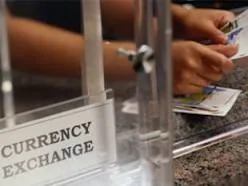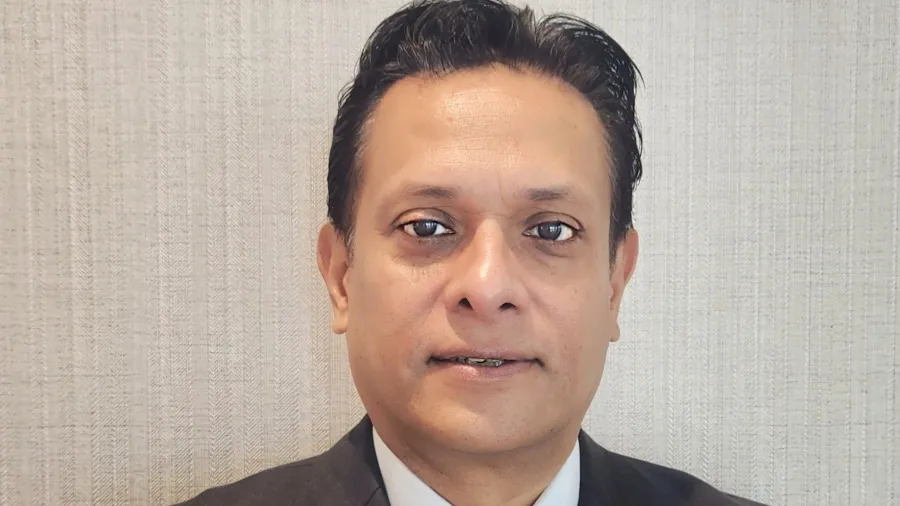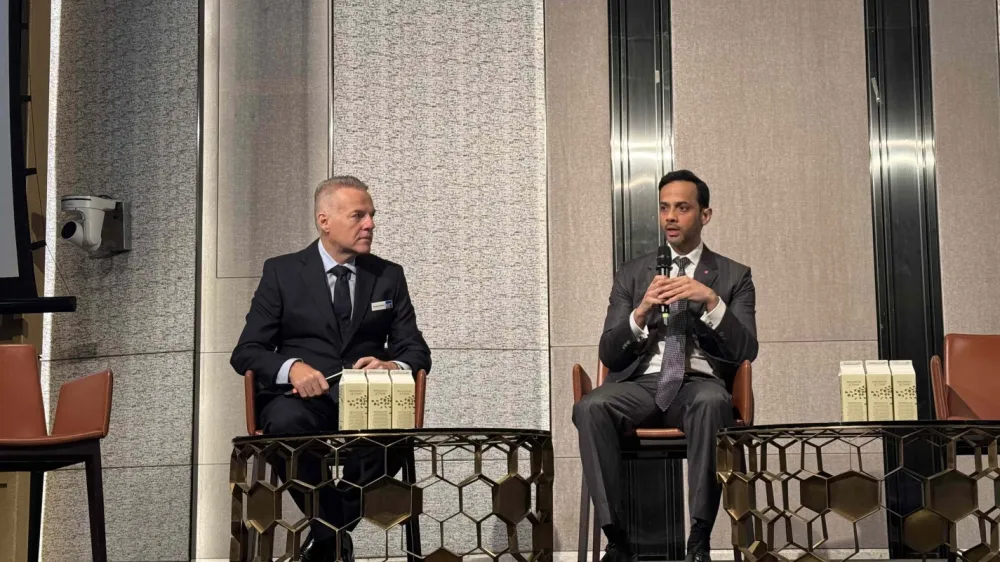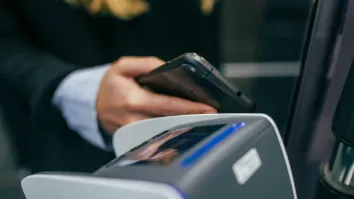
Probes reveal banks' manipulation in Singapore’s offshore FX market
Evidence surfaced that traders colluded to manipulate rates in Singapore's offshore foreign exchange market.
This was revealed after internal reviews by banks in Singapore.
The probes revealed that traders from several banks communicated with each other over electronic messaging about what rates they were going to submit for the local banking association’s fixings for non-deliverable foreign exchange forwards, aiming to benefit their trading books.
“Traders were talking to traders, saying: ‘I need you to help me today, I need to fix low,’” said the bank source, who asked not to be identified due to the confidential nature of the reviews.
Under the NDF rate-setting process, organized by the Association of Banks in Singapore, banks submit their reading of the spot price for the Indonesian rupiah, Malaysian ringgit and Vietnamese dong every working day at 11:00 a.m. Singapore time.
NDFs are derivatives that let companies and investors hedge or speculate on emerging market currencies when exchange controls make it difficult for foreigners to participate directly in the spot market.
A settlement rate for NDF contracts due to expire is then calculated by taking the average of the submissions, excluding the highest and lowest quarters of contributions from the banks.
While the exclusion of the rates at the top and the bottom of the range is meant to ensure that one bank cannot try to improperly skew the rate, the concern is that collusion by traders at multiple banks could influence the result.
There are 18 banks on the panel for the rupiah, 15 for the ringgit and 12 for the dong.
The contracts are settled in dollars, so there is no exchange of the underlying currency, but they can affect spot exchange rates.
The Singapore bank probes show that the focus is now turning to other benchmarks, amid concern that they too were manipulated.
The biggest banks in the Asian NDF markets include UBS, JPMorgan Chase & Co, DBS Group Holdings Ltd and HSBC Holdings Plc.
The source did not make specific comments about possible wrongdoing by individual banks or traders and Reuters has no independent evidence of such wrongdoing.
UBS, JPMorgan, DBS and HSBC declined to comment. Reuters also contacted the other 14 banks involved in setting NDF rates. Twelve said they had no comment while two did not respond to repeated telephone and e-mail requests for comment.
The Monetary Authority of Singapore told banks in the city state last July to review the way they set interbank lending rates, in the wake of the Libor scandal.
As bank officials pored over documents and communications, they came across evidence that raised alarm bells over activities in the NDF markets as well, spurring an extension of the reviews to those markets in September, the source said.
For more.



















 Advertise
Advertise











